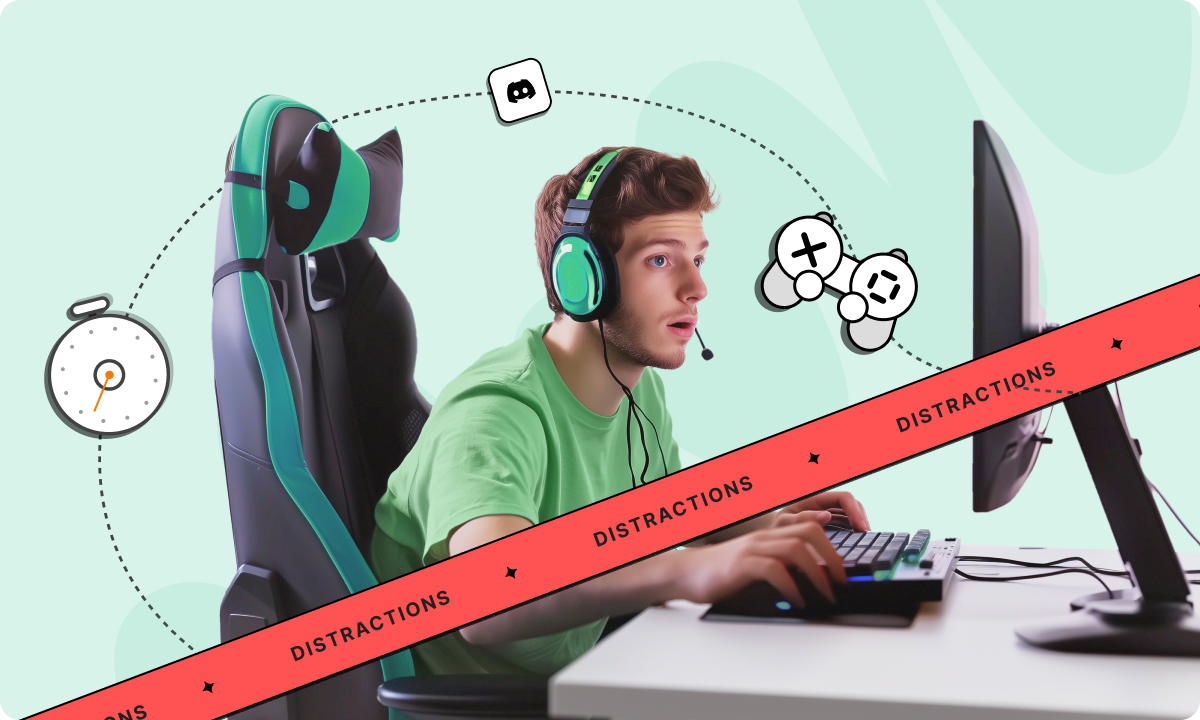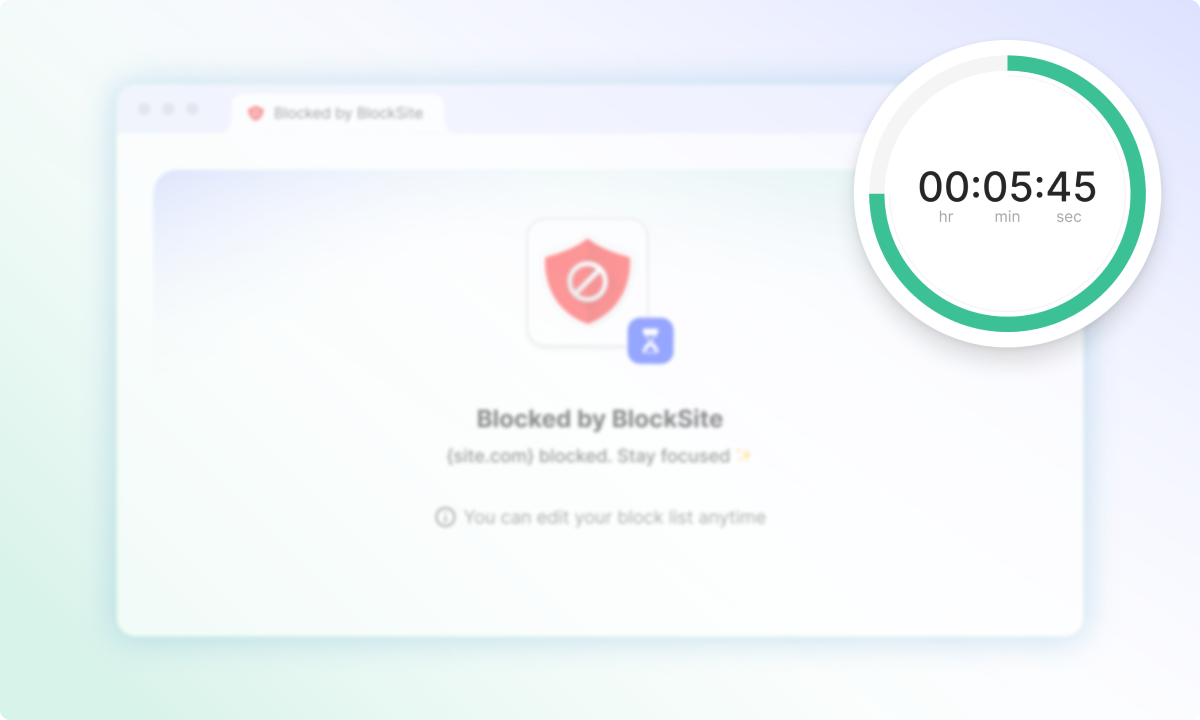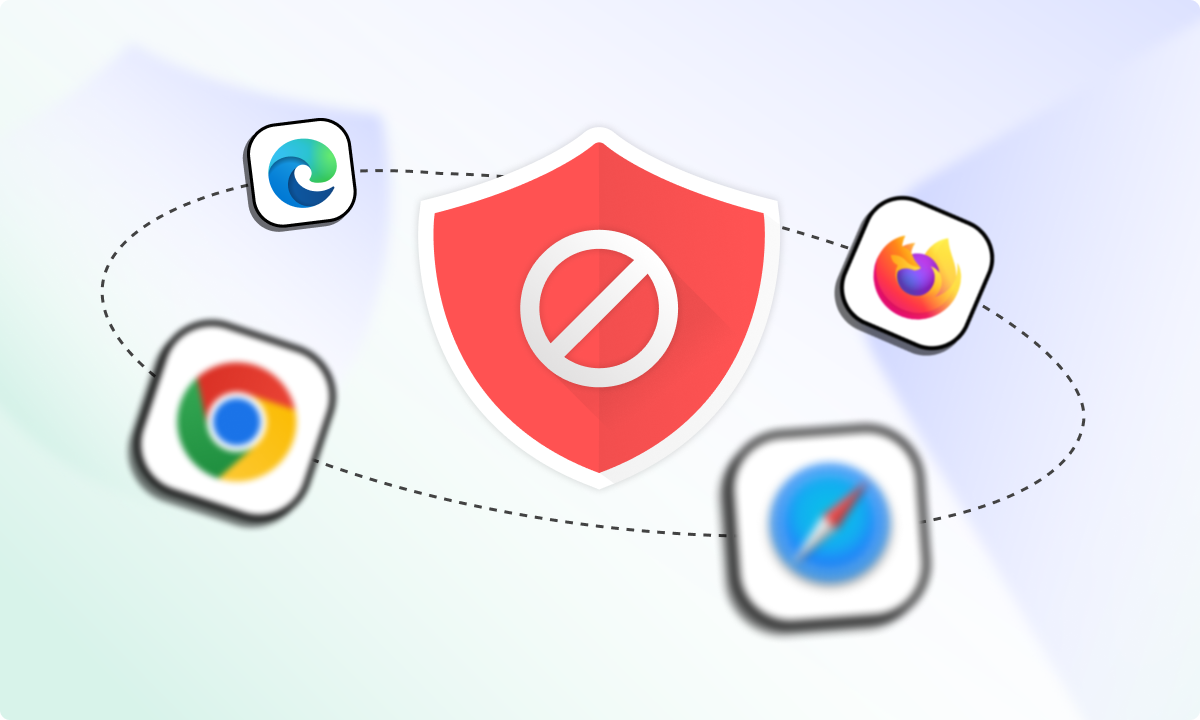Games are often a thrilling way of breaking out of the real world and immersing oneself into a different realm. But at what point does leisure become an obsession? This can be a good practical self-examination to figure out if you are playing in an unhealthy way. This gaming addiction quiz invites you to ask yourself if your gaming impacts school, work, dating or other everyday life. If you notice the symptoms, then you can learn to prevent gaming from dominating and keep things in a healthy perspective. So ask yourself if you are managing your game or if is it influencing your other tasks.
What is a gaming addiction?
Gaming addiction mirrors other compulsive behaviors. It involves an overpowering urge to play games, regardless of the negative consequences. This issue often leads to significant time spent gaming, neglecting critical responsibilities. The attraction of gaming can dominate thoughts, drawing individuals away from essentials like work and relationships, and affecting their health. Recognizing the traits of gaming addiction aids in taking control early on, allowing continued enjoyment of games without disrupting life.
Gaming addiction test
Online gaming can be a fun and fulfilling pastime, but in some cases it’s life-consuming, even addicting. This quiz is intended to make you think about how much you are gaming. Simply answer these 20 questions with a “yes” or “no” to measure your relationship with internet gaming.
- Do you often find yourself preoccupied with thoughts about gaming or planning your next session when not playing?
- When you stop gaming or try to cut back, do you feel uneasy, frustrated, or irritable?
- Do you feel the need to play for longer periods or seek more challenging games to feel satisfied?
- Have you attempted to reduce your gaming time but found it difficult or impossible to stick to your limits?
- Has gaming caused you to lose interest in activities or hobbies you once enjoyed?
- Do you keep gaming even when it negatively impacts your life, like losing sleep or neglecting responsibilities?
- Have you ever hidden the amount of time you spend gaming from others or lied about it?
- Do you turn to gaming as a way to cope with stress, sadness, or other uncomfortable emotions?
- Has gaming led to strained relationships, poor academic performance, or missed career opportunities?
- Do you often lose track of time while gaming and end up playing much longer than you intended?
- Has gaming caused you to neglect important responsibilities like schoolwork, chores, or your job?
- Do you skip basic self-care routines, like eating or sleeping, because you’re gaming?
- Have you canceled plans or avoided social activities in favor of gaming?
- After long gaming sessions, do you feel regret or guilt about the time you spent playing?
- Have you tried but failed to limit the amount of time you spend playing video games?
- Do you become irritated or upset when you’re unable to play games for an extended period?
- Has gaming caused you to miss important deadlines or fail to complete assignments?
- Do you find yourself thinking about gaming even when you’re busy with other tasks?
- Has your physical health, mental health, or well-being been affected by how much you game?
- Do you spend less time with family or friends because you’d rather be gaming?
Once you have finished the gaming addiction identification test questionnaire, be sure to count your “yes” answers. If you answered “yes” to 10 or more of these questions, then maybe gaming has a controlling role in your life that’s affecting your career, marriage, or health. A conscious awareness of the problem is the beginning of change. If you’re worried, reach out for help or strategies to help you bring some equilibrium back into your life.
Main causes of gaming addiction
Gaming, with its immersive experiences and fast-paced action, easily draws players in. Understanding these attractions is pivotal in recognizing how gaming can transform into an addictive behavior.
Reward mechanisms
Game designers build intricate reward systems, encouraging players with achievements and levels. These in-game rewards trigger dopamine, the brain’s pleasure chemical, similar to eating or socializing. This enjoyable process makes it challenging for players to pull away, creating a cycle that can lead to compulsive play.
Escape and coping
Many individuals find refuge in games, especially when facing stress. Gaming worlds offer an appealing break from real-life pressures, providing a safe environment to dodge reality’s demands. This attraction can shift gaming from a pastime to a primary tool for managing stress.
Social interaction
Multiplayer gaming offers a community feeling unavailable to some in real life. For those who feel isolated, games can become a space for social bonding, meeting new companions, and forming connections that satisfy social needs.
Competitive nature
The competitive aspect of gaming spurs a desire to excel. Players strive to defeat opponents or achieve personal bests, often postponing quitting until they achieve their goals. This drive to compete can turn casual play into an engrossing obsession.
Symptoms and signs of a gaming disorder
Identifying symptoms of a gaming disorder is important for seeking timely intervention. These signs manifest in various noticeable ways, highlighting the need for attention and action.
Preoccupation with gaming
A person may find themselves constantly mulling over games, even during unrelated activities. This preoccupation can reduce focus on other tasks, including academics or job-related duties.
Withdrawal symptoms
When away from the gaming environment, individuals may experience irritability or anxiety, echoing withdrawal effects seen in substance addictions. This emotional distress stems from a deep reliance on gaming pleasure.
Tolerance
Like other addictive behaviors, needing more time to feel satisfied grows over time. Individuals may gradually prioritize gaming over other essential tasks, allocating increasing hours to the game.
Neglecting responsibilities
Prioritizing gaming over life’s obligations, people may skip work, miss family events, or dodge school duties. This negligence leads to broader repercussions on personal and professional life.
Lying about gaming time
Those affected might hide or lie about how much time they dedicate to gaming, often due to shame or awareness of overindulgence. This disingenuous behavior can strain trust within personal relationships.
Impact of living with a gaming addiction
Enduring a gaming addiction extends beyond personal issues, affecting various aspects of life and the wider community. Awareness of its consequences helps drive meaningful change.
Physical
Long hours of gaming can lead to a sedentary lifestyle, impacting physical health negatively. Issues like weight gain become prevalent due to reduced activity, while elongated screen time disrupts natural sleep patterns. Gaming may also cause injuries related to posture and repetitive strain due to poor ergonomics.
Mental
The psychological toll includes heightened risks of anxiety and depression. Gaming may affect thought processes, complicating emotional regulation, and exacerbating existing mental health conditions, especially without timely intervention.
Social
A decline in face-to-face social engagements leads to feelings of isolation. With reduced interpersonal interactions, gaming can fragment relationships with family and friends, eroding social skills.
Larger society
Beyond personal effects, gaming addiction influences community dynamics, affecting productivity levels and broader social wellness. The loss of labor and social connections can sway economic and societal stability, necessitating community dialogues to address this modern concern.
Treatments & tools that help fight gaming addiction
Addressing gaming addiction requires strategies that cater to individual habits and needs. A variety of methods can support individuals in regaining control over their gaming behaviors.
Cognitive-Behavioral Therapy (CBT)
Adopting CBT can shift thought patterns tied to gaming by helping individuals understand their motivations and work strategically through different triggers and urges.
Setting time limits
Establishing specific limits for gaming can help manage time effectively. Integrating other hobbies fosters moderation and prevents gaming from consuming other life interests.
Engaging in alternative activities
Exploring activities such as reading, joining sports, or creative endeavors offers rewarding alternatives, reducing the sole reliance on gaming for satisfaction.
Support groups
Joining communities or online forums provides a space for shared experiences, guiding recovery and offering motivation. Participants benefit from shared insights and mutual encouragement.
BlockSite
BlockSite is an app and browser extension that offers practical tools for setting aside time for gaming and disabling apps and websites. It makes breaking out of the gaming addiction and reconnecting with offline life a lot simpler.
You can decide the role gaming should play in your life
Managing gaming involves both introspection and practical strategies. BlockSite provides an important first step toward this harmony. Studying yourself through these quizzes and tests can show you how gaming should fit into your life. Choose to own it and put things back on track. Let BlockSite become your ally in life moderation and in having a healthier lifestyle.
FAQs
What initial steps can I take to understand my gaming habits better?
Conducting a personal assessment with quizzes that focus on gaming habits can offer a clear picture of whether your gaming is within normal levels or potentially problematic.
How can one distinguish between passionate gaming and problematic gaming behavior?
Passionate gaming remains a balanced hobby without causing disruptions, whereas problematic gaming leads to neglect of work or social commitments, absorbing too much time and focus.
What draws people into gaming to the point of addiction?
Factors including dopamine-driven reward systems, escape from reality, social connectivity, and competitiveness often attract individuals deeply into gaming, which can build into addictive habits.
Can gaming addiction yield similar outcomes to other addictions?
Yes, gaming addiction can result in comparable consequences to other addictions, such as mental health issues and withdrawal symptoms, affecting day-to-day life.
Is professional assistance necessary to overcome gaming addiction?
While some might succeed with lifestyle changes alone, professional guidance or support groups usually enhance recovery by addressing underlying causes more effectively.






